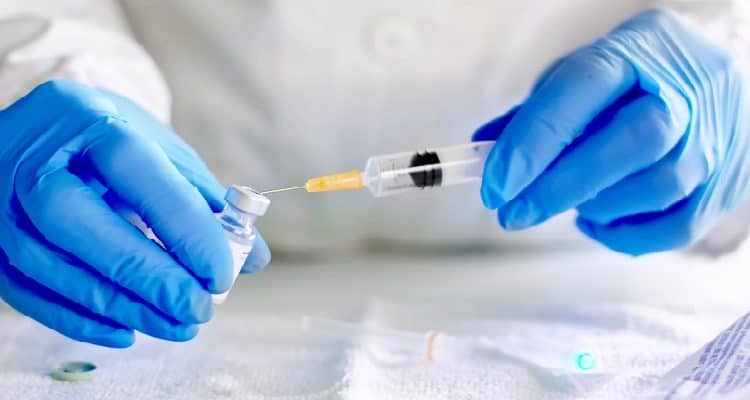COVID-19 vaccines need novel approaches to ensure best balance of safety and efficacy: GlobalData
AstraZeneca’s AZD-1222 and Moderna’s mRNA-1273 are currently the most promising vaccine candidates, it states
At present, more than 200 prophylactic vaccines are in development for COVID-19. While promising candidates should be selected for diversity, the novel nature of SARS-CoV-2 requires innovative approaches to achieve the best balance of safety and efficacy, says GlobalData.
Mohamed Abukar, Clinical Trials Analyst at GlobalData, comments, “AstraZeneca’s AZD-1222 and Moderna’s mRNA-1273 are currently the most promising vaccine candidates, both utilising innovative technologies that incorporate delivering and producing the COVID-19 spike protein (S-protein) into the body to produce an immune response. This mechanism is expected to offer lasting protection by affecting the binding of the S-proteins of the coronavirus to prevent infection.
“While the interim results of the mRNA COVID-19 vaccines are encouraging, more research is required into whether the neutralising antibodies being produced can provide lasting immunity. So far, there are no approved mRNA vaccines, so this is an unproven method.”
Inovio’s INO-4800 utilises innovative DNA vaccine technology; however, Inovio did not disclose if the immunological response rates correlated to neutralising antibodies and thus gave little information in terms of the vaccine’s immunogenicity. Additionally, no DNA vaccines have been approved for human use, so this is also an unproven method.
Abukar adds, “Live vaccines usually provide good long-term immune protection while being relatively cheap to produce. However, they possess the capacity to mutate and revert to the original pathogenic form, and thus are largely considered to be unsuitable in individuals with weakened immune systems, one of the high-risk populations for COVID-19. Indian Immunologicals and Griffith University, which are jointly developing a live vaccine using codon de-optimisation technology, must ensure that the vaccine does not exhibit significant pathogenicity in patients.”
- Advertisement -


